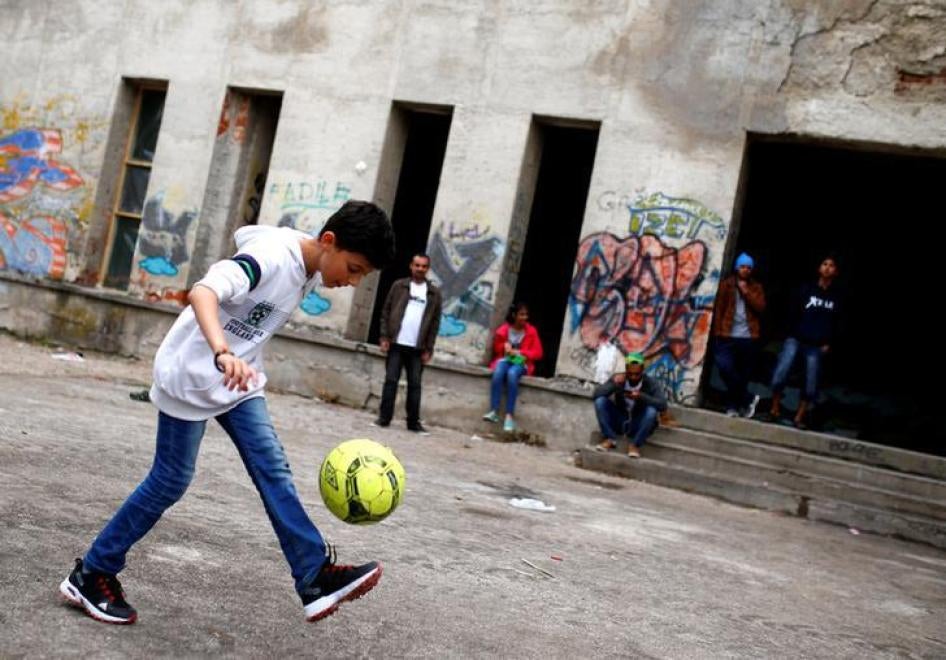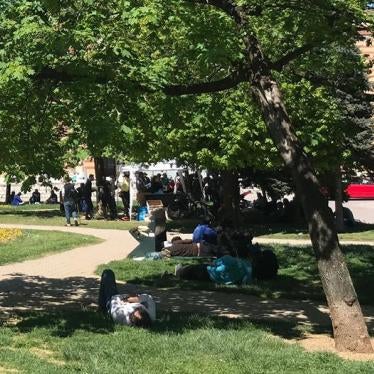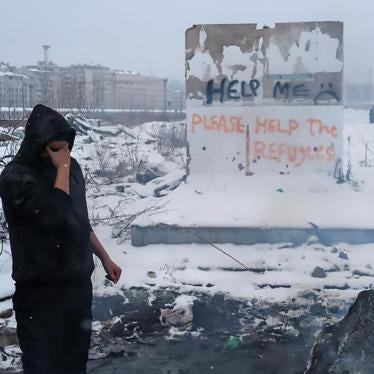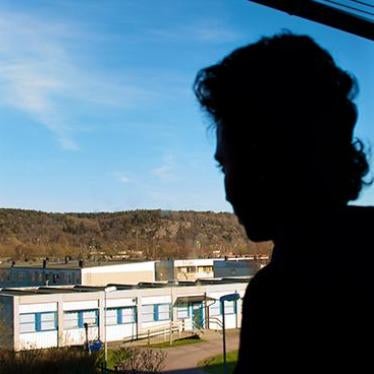Western Balkan and European Union leaders meet in London this week for a summit that could be a chance to revive stalled reforms and focus attention on critical issues. Unfortunately, there is every chance it will turn out to be full of hot air.
Hosted by the UK, the meeting gathers leaders of six Western Balkan countries and their closest European Union partners with a stated aim of strengthening security cooperation political dialogue and economic stability across the region.
However, neither promoting human rights nor the rule of law – key criteria for possible future EU membership – have even been mentioned.
That may give some people the impression that things are quiet in those departments – but it is far from the case.
The Western Balkans remains a prisoner of low expectations by EU governments and the United States – who have long prioritized stability over building democratic institutions that can ensure respect for human rights and the rule of law.
Across the region, minorities face serious problems securing their rights.
The plight of the Roma stands out especially. As elsewhere, they remain marginalized and subject to discrimination. Bosnia and Herzegovina still does not recognize them as fully equal citizens. That leaves them and other minority groups without equal rights to political participation and constitutional protection, even though the European Court of Human Rights has declared Bosnia’s position on this a violation of human rights.
Serbia, Macedonia, and Montenegro routinely deny Roma equal access to basic services. They are often forcibly evicted without adequate alternate housing.
Roma from Kosovo – those who were not forced to flee in the Kosovo war – are kept segregated in informal settlements. Roma that the UN placed in camps that were contaminated by lead when it administered Kosovo still await compensation. A UN trust fund for community assistance projects has not garnered any donations.
The flow of migrants along the “Western Balkan route” has subsided. But governments are sometimes still resorting to using increased border protection measures, including violent push-backs from Croatia, an EU member since 2013, and from Serbia, or detention in inhumane conditions in Macedonia. Aid groups and volunteers try to help migrants in both Serbia and Bosnia, but that is no substitute for the provision of adequate reception conditions by the governments.
People with disabilities are also denied their rights. In Croatia, children and adults with disabilities remain trapped in institutions. In Serbia, the recent increase in the number of children with disabilities placed in institutions, and their lack of access to education, raises similar concerns, notwithstanding Serbia’s promises that these children will be able to go to school.
Journalists and human rights defenders work in a hostile environment across the region. Threats and even violent attacks are frequent in Serbia and Montenegro. Some face copycat smear campaigns and personal attacks for investigating powerful political and business interests. They are, however, coming together to advocate for their rights across borders.
Thankfully, the agenda in London does include what it refers to euphemistically as “legacy issues of the past” – which in fact remain the issues of the present in the region.
The failure to adequately address war crimes and other wartime abuses helps perpetuate current political conflicts. Investigations are underfunded, convicted war criminals are often glorified in their home countries, and cross-border cooperation is minimal. Organizations that advocate justice for war crimes are portrayed as foreign agents in some countries.
If Britain and the other EU members want to increase stability in the Western Balkans, they should insist on effective cooperation between prosecutors and police across the region on war crimes to ensure that people cannot evade responsibility by moving to another country or acquiring its nationality.
Kosovo authorities should fully cooperate with the Hague-based Kosovo Specialist Chambers, set up to examine serious wartime and post-war abuses there. Building societies based on the rule of law requires holding people who have committed serious crimes to account, even if they occupy powerful positions.
The EU accession process—a key mechanism for reform— has essentially stalled since Croatia joined the bloc.
The European Commission’s new strategy for the region, which aimed to restart the idea of accession, has already run into trouble. EU member states, including France, have postponed the decision to open negotiations with Albania and Macedonia until next June.
It is perhaps even more telling that, in its six-month presidency of the EU, Austria has more or less dropped the region as a priority. Considering Austria’s strong track record of commitment to its neighbourhood, that suggests that even the region’s former champions are losing interest.
That should change. EU governments should recognize that the genuine prospect of accession, coupled with human rights conditionality, can help drive reform, and that long-term stability requires democratic institutions that are capable of responding to and protecting the needs of citizens.
One ray of hope is that some of the states that emerged from the breakup of Yugoslavia in the 1990s are expected to sign a declaration that could lead to forming a regional truth and reconciliation commission. It is a move long advocated by nongovernmental groups in the region.
This commission would work to establish a comprehensive account of both the crimes and victims of the conflicts. All the governments from the region at the summit should commit themselves to signing.
The Western Balkans region faces real human rights challenges that would benefit from effective cooperation between its states and from international support.
If Britain truly wants “a strong, stable and prosperous” neighbourhood, these issues should get more attention at the summit.









